Fighting aphids and other pests – Fatalii’s Methods
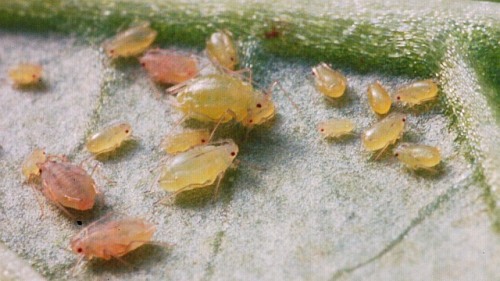
If you have grown chile peppers you must be familiar with aphids, at least you will get to know them at some point.
Don’t worry. They aren’t as nearly as bad you think they might be.
The best way to prevent aphids and many other pests is to act before your plants get heavily infested.
Neem Oil
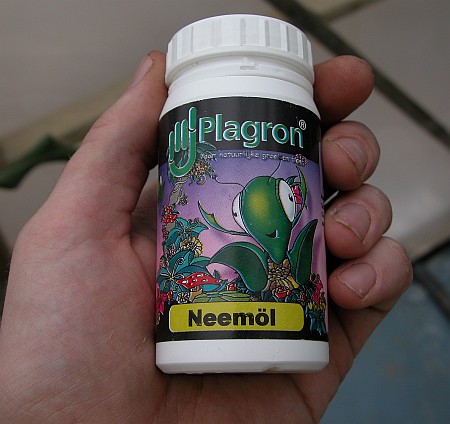
Neem oil is oil made from Neem-tree. The interesting thing is that Neem tree is completely free of pests because they don’t like it’s taste. If you spray your chile plants with it… you guessed it right, aphids don’t like them anymore. 🙂
Best of all, it’s completely safe, biological and I have used it for many years without any disadvantages.
It won’t affect the taste of your plants. Also, it won’t do any harm to your plants when used as instructions tell you.
I use Neem oil at the beginning of every season.
Get Neem oil (In Finland) here.
What about if it’s too late to prevent, your plants are already infested with aphids?
No worries. Read on.
Pine tree soap
Pine tree soap is a biologal soap for washing carpets etc.
It’s a very cheap method to kill aphids by suffocating them.
Mix a solution of 3% Pine tree soap with water.
Use a sprayer to spray the solution all around your plants and little bit to the soil to suffocated the aphids (or other pests) which have been dropped from the plant.
The pine tree soap kills every pest that gets under it it so spray carefully.
After spraying all of your plants let the pests suffocate in it. I wait 5-15 minutes before RINSING the pine tree soap off with COLD WATER. Cold water gets rid of the survived aphids (or other pests).
The actual trick becomes after soaping and rinsing the plants: Use Neem oil to create a layer of neem to your chile plants to keep the aphids (or other pests) off from your plants. Remember that it’s important to rinse of the pine tree soap or your precious plants might be damaged.
Years ago I used only neem to prevent aphids and I found them circling around my chile plant pots to find something to eat!
At that point I realized they really don’t like the taste of the neem oil.
In case of serious infestation, you might have to renew the treatment to keep the pests off.
After the plants grow, the new growth doesn’t have neem oil on it so the aphids might be eager to attack the new growth.
Just keep an eye on your plants and use the treatment when needed.
Using neem oil as precaution every now and then will save you lot of trouble in a bad pest season.
If you are growing bonchi’s (bonsai chiles), the soaping and “neeming” will be easy as you can dip the small plants into the solution.
Turn them upside down and dip them to solution. Or dip the whole stem when creating bonchi’s.
I do this at every end of the season to make sure the bonsai chiles moved indoors will be pest safe.
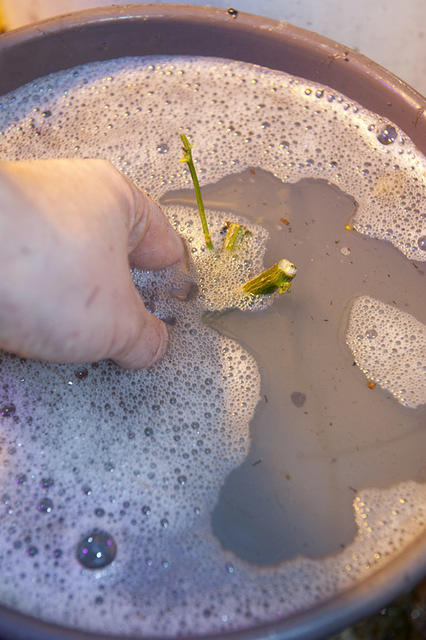
Repelling bugs and other info & pictures.
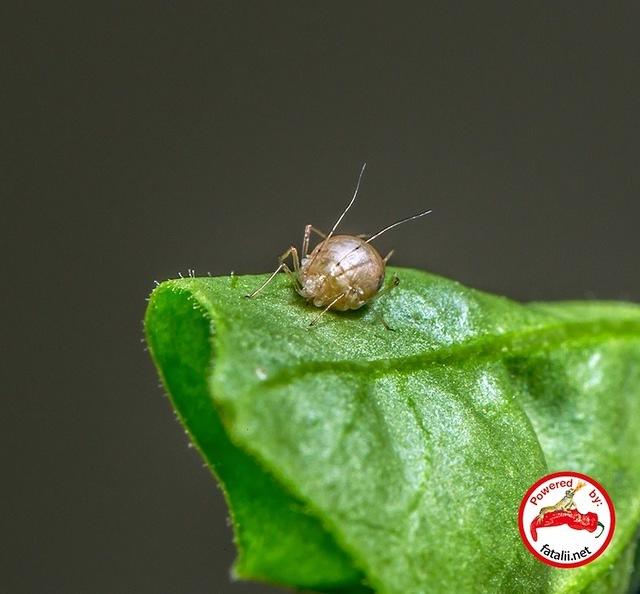
This aphid is actually a dead mummy. Aphidius colemani has laid it’s egg inside a living aphid. The hatched larvae has eaten the living aphid from inside! Very barbaric and effective.
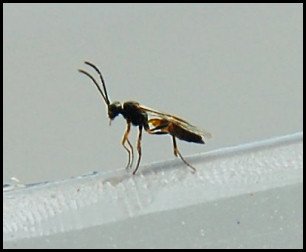
Aphidius colemani
Aphids:
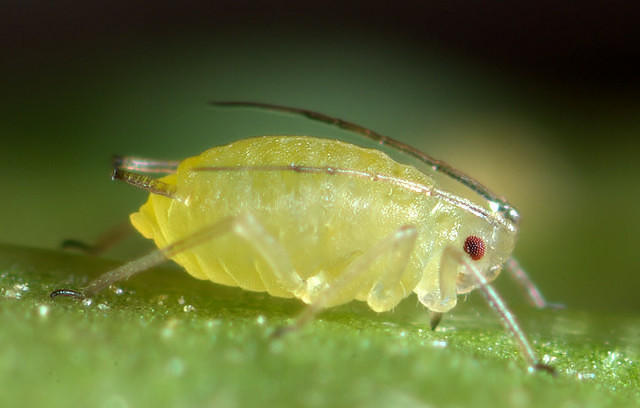
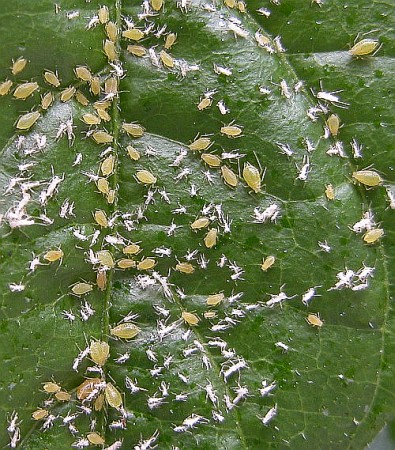
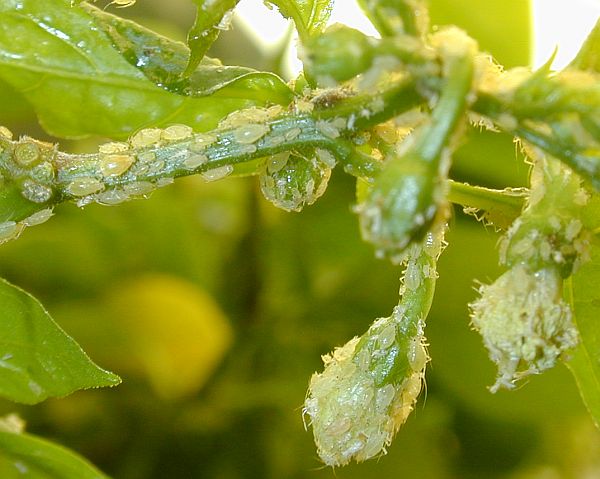
Heavily aphid-infested plant.
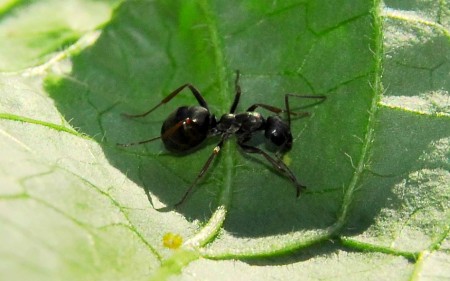
It’s good to remember that ants are protecting aphids. They milk them for dew which is the reward for the protection. The aphids are like cows for ants. Ants even carry aphids to your plants. So keep an eye for ants too. That might mean there will be aphids too.
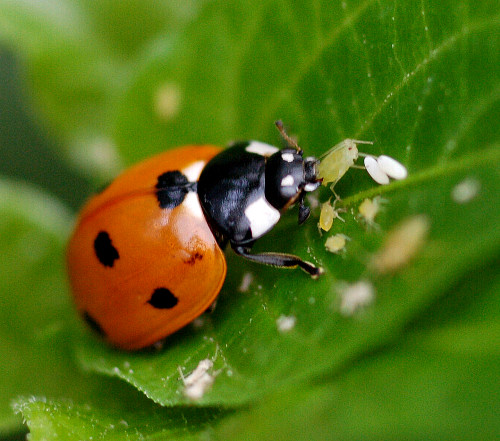
Ladybugs are famous aphid eaters. Their larvae will eat aphids too!
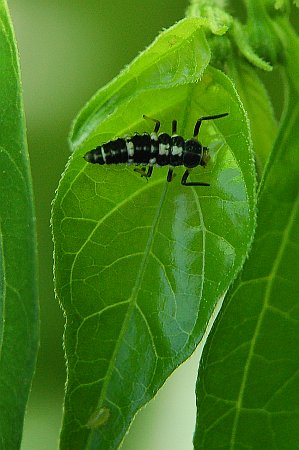
Ladybug larvae hunting aphids.
The ladybug adult will lay it’s eggs on plants infested with aphids.
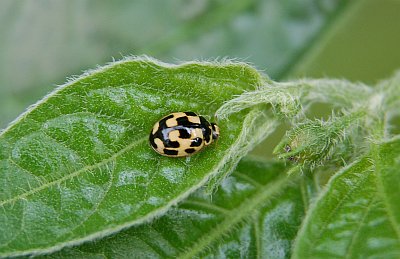
Another variation of ladybug -type pest killer.
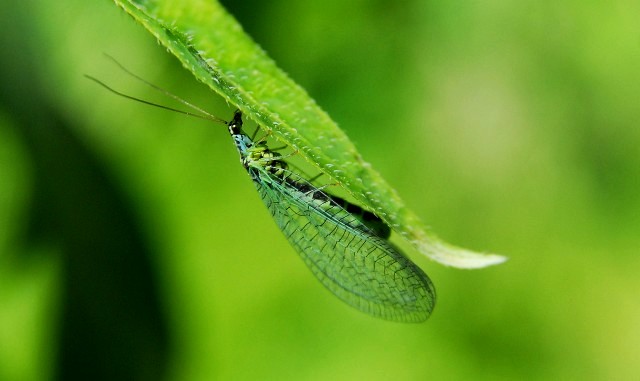
If you see these guys in your garden or greenhouse, it’s good to know they are the good guys.
Lacewing larvae are aggressive aphid eaters!
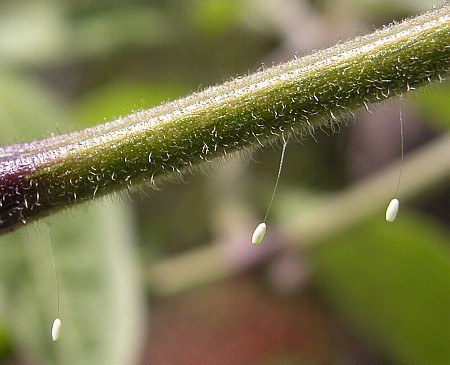
Lacewing eggs. If you spot these on your plants, it’s a good sign.. a aphid killing beasts are about to emerge!
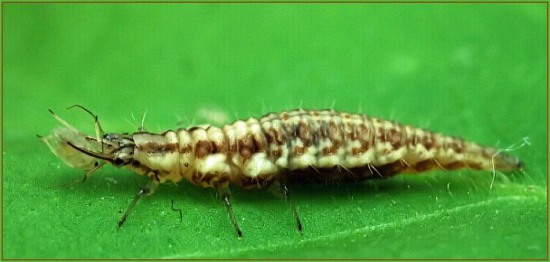
Aphid lion (lacewing larvae) in action eating aphids!
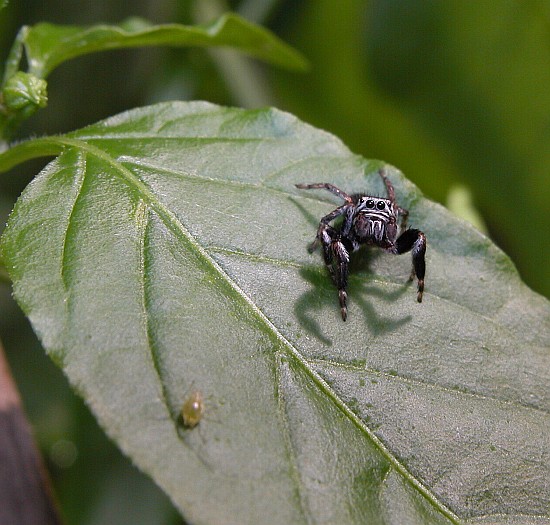
Spiders are also effective hunters of pests like aphids and whiteflies.
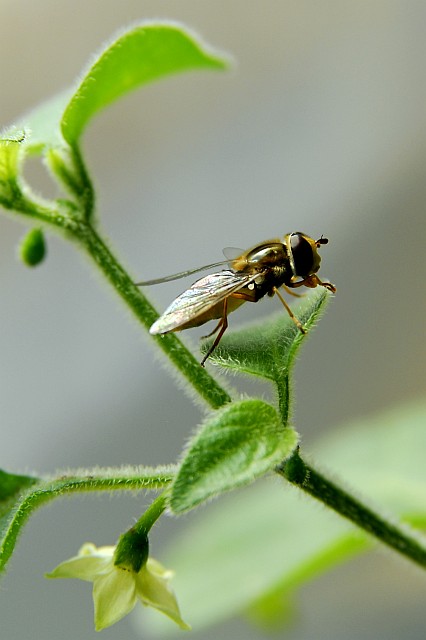
Flowerfly larvae are also aphid and thrip killers.
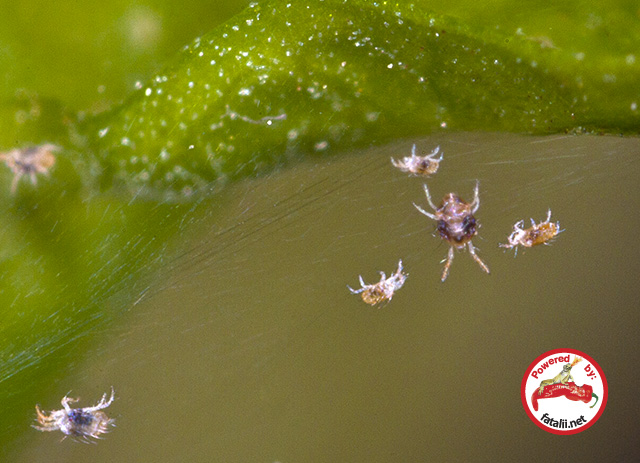
Spidermites can be a real trouble. They love hot and dry conditions, so avoid the combination of both!
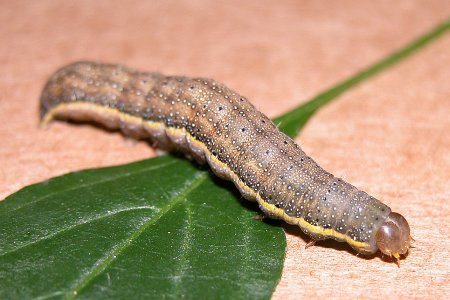
Bright-line Brown-eye (Lacanobia oleracea)
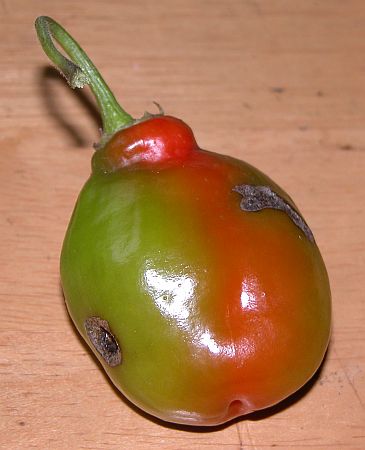
Damage by Bright-line brown-eye (Lacanobia oleracea)

Common Lizard can be useful guy in a garden or greenhouse as it eats tiny insects, snails etc.
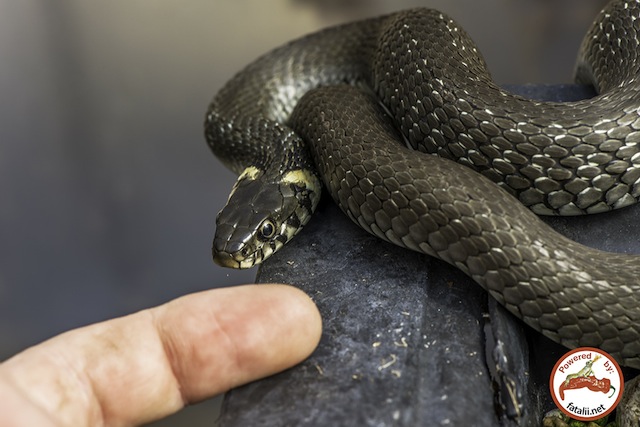
Snakes are also very useful guys in your garden or greenhouse.
This guy has been over 7 years in a row in my greenhouse and has become completely tame.
It’s free to come and go as it likes. It will keep the mice and other pests away.
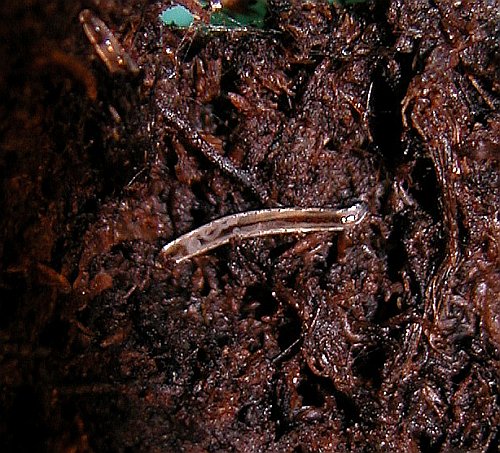
Worm in a germinating tray. This might be the first pest to spoil your growing experience.
Be careful with your germinating temperature so that the conditions will be ideal for the seeds, not for the worms or mold. Take a look at my way of germinating all of my chile pepper varieties here: https://fatalii.net/germinating
This article will be continued…
In case of any questions, drop me a line with twitter or email (fatalii (at) sci (dot) fi)
